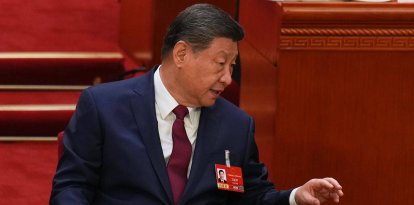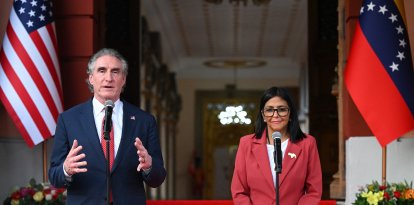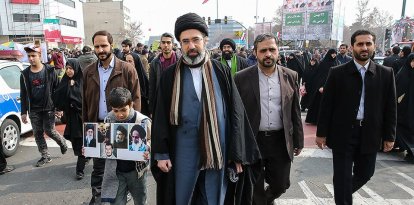El Salvador to incarcerate minors linked to gangs in adult prisons
Congress also approved a penal reform to deny parole to anyone convicted of organized crime offenses.

Gang members incarcerated at CECOT
El Salvador’s Congress approved a measure allowing for the incarceration of minors arrested for gang and organized crime ties to be held in adult prisons. A measure that was requested by the country's president, Nayib Bukele.
However, this reform of the Penal Code for minors does not imply that juvenile detainees will be sharing cells with adults from the beginning: they will do so in an adjoining module until they reach the age of majority, when they will be transferred to the same facilities as the rest of the inmates to continue serving their sentence.
Bukele pushed for this change in regulations so that minors linked to gangs and organized crime would not receive "the same judicial treatment" as those who committed lower-level crimes. Thus, they will be subjected to the "general adult regime" during their prosecution.
Separate from this reform, on Wednesday, Salvadoran lawmakers also approved a measure denying parole to those convicted of organized crime offenses.
"The benefits of parole and early release will not apply to individuals convicted of crimes committed under organized crime," the law states.
These last two changes to the Penal Code symbolize the latest advance by Bukele and his cabinet in their fight against gangs and organized crime in El Salvador. So far, the government has sent to prison some 83,000 people convicted of such crimes.

























